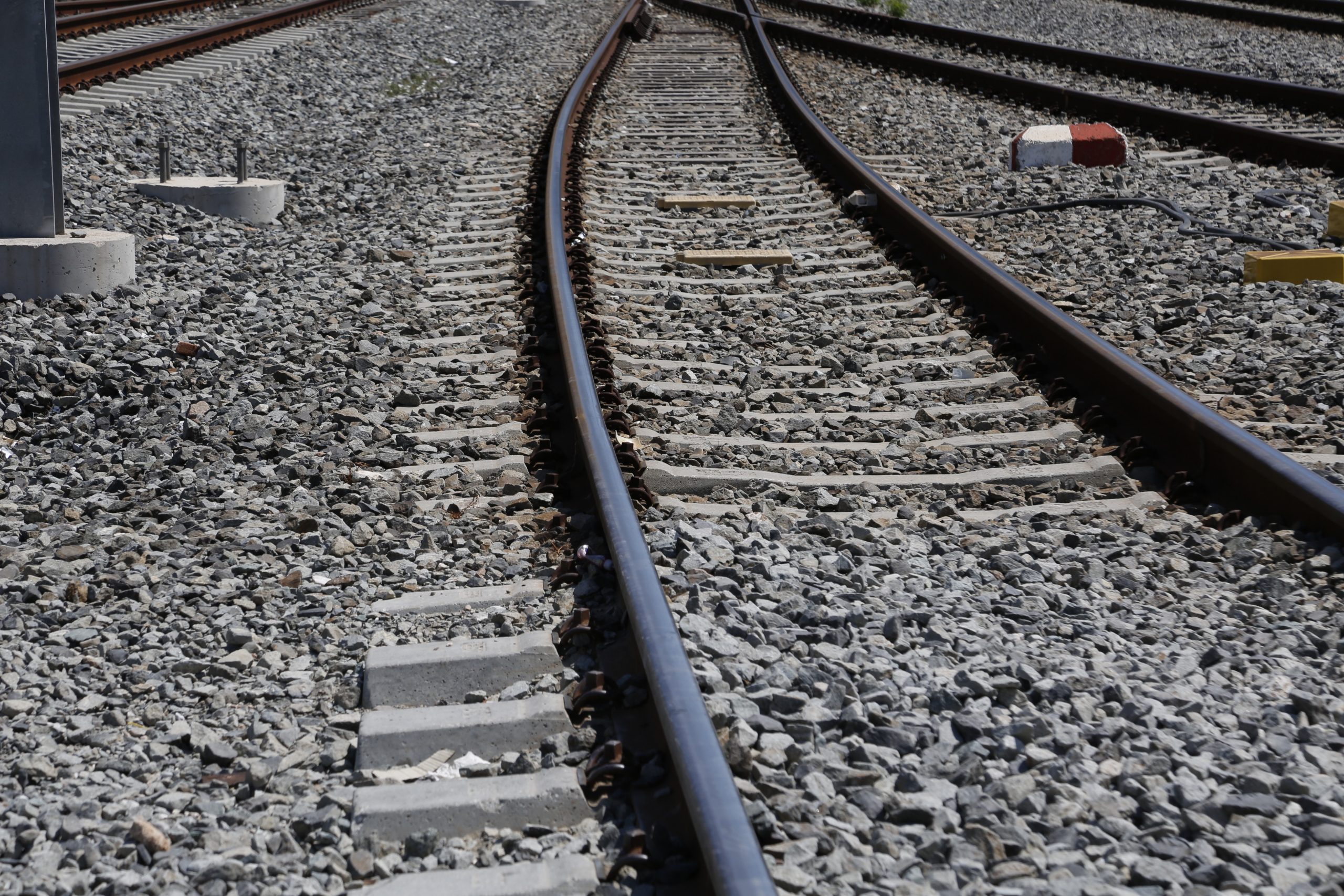
New generation railway projects and the resolution of pending issues that had placed chronic obstacles on Greek rails is what 2022 is bringing. The new year started with the best omens for Greek railways that for a decade were not far from total stagnation. New projects had dried up, many of ongoing projects became bogged down due to problems, financial, construction, conventional, and the railway operators sank into inactivity.
In 2020, it seemed that the railway giant began to wake up. ERGOSE auctioned seven projects with a total budget of 515.3 million euros to complete the upgrade of the existing network. But the signal for a change of page was given in early December with the announcement of the huge package of projects, amounting to 4 billion euros.
The submission of bids will kick off in 2022, paving the way for a series of critical reforms that will open new horizons for Greek railways, cutting the Gordian knot that has kept it entangled in recent years.
One of the main thorns for the smooth financing of railway projects, but mainly for the reform and acceleration of the framework for the execution and maintenance of railway projects (a long standing issue in Greece), is the reform of OSE-ERGOSE. The reorganization will clarify the landscape over who builds and who maintains the railway projects, so that the responsibility does not become a ball thrown around in the internal competition of the institutions. The assignment of the contract of Technical Support Consultant for the implementation of the reorganization of OSE-ERGOSE is expected in the third quarter of 2022.
The third quarter is going to end, according to the government plan, with the signing of the new contract for the provision of Services of General Financial Interest announced by TRAINOSE two years ago. As announced, the new € 750 million agreement for the so-called “barren” routes, ie with few passengers and limited freights, will span 15 years, but will also be accompanied by a series of terms and mandatory investments.
It is about the complete transformation of the railway sector in the direction of enhancing its efficiency and sustainability, attracting private investment funds, strengthening the ability to meet the demands and requirements of users, adapting to the current data of international competition in the transportation sector.
At the same time, it aims to rationalize and reduce the operating costs of the bodies that provide railway services, while at the same time ensuring the strengthening of the skills of the employees and their adaptation to the needs of the new business model of operation.
The relevant reform of the railway operators includes their supply with new digital systems for monitoring the railway project, with modern tools and procedures for construction project management, contract award, effective internal control, quality management and monitoring of key performance indicators.
Latest News

FM Gerapetritis Calls for Unified EU Response to Global Crises at EU Council
"Europe is navigating through unprecedented crises — wars, humanitarian disasters, climate emergencies," he stated.

Holy Week Store Hours in Greece
Retail stores across Greece are now operating on extended holiday hours for Holy Week, following their Sunday opening on April 13. The move aims to accommodate consumers ahead of Easter, but merchants remain cautious amid sluggish market activity.

Green Getaway Ideas for Easter 2025 in Greece
Celebrate Easter 2025 in Greece the sustainable way with eco-farms, car-free islands, and family-friendly getaways rooted in nature and tradition.

Civil Protection Minister Details Summer Firefighting Plans at Delphi Forum
At the 10th Delphi Economic Forum, Minister of Climate Crisis and Civil Protection Yiannis Kefalogiannis discussed Greece's plans for the upcoming fire season.

How Shops and Markets Will Operate During Easter Holy Week
The Easter holiday schedule has been in effect since April 10, with retail stores open Palm Sunday, and most supermarkets also operating to meet consumer demand for Easter shopping

Why Is the French Aircraft Carrier Charles De Gaulle in Piraeus?
Docking in Piraeus after a four-month deployment in the Indo-Pacific region, the admiral of the aircraft carrier the Charles de Gaulle says, "Greece is our best partner in the Mediterranean."

Riots and Vandalism in Downtown Athens Exarcheia Region
Night of unrest in downtown Athens' region of Exarcheia – 11 Cars Burned, 72 Detentions
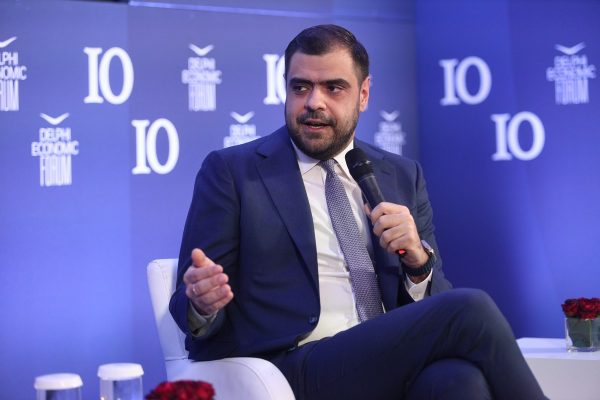
Truth Team: Is the PM and his team telling the truth, the whole truth and nothing but the truth?
The Greek government spokesman noted that "a private individual received payment from other private individuals, and for some people this is a horrifying revelation."

Mayor of Athens Announces Strategy to Address Housing Crisis
Athens Mayor Haris Doukas outlined a series of municipal interventions aimed at tackling the housing crisis during a public event co-hosted with the University of Athens
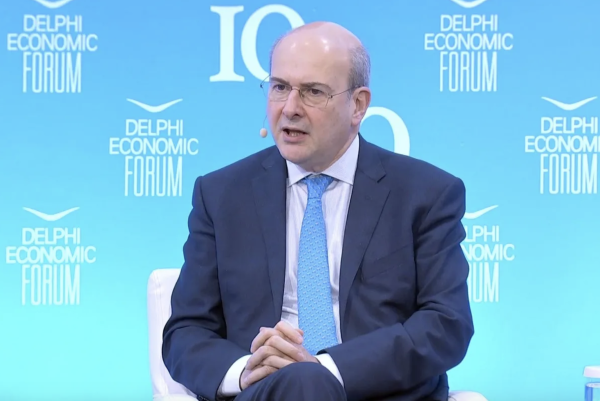
Hatzidakis at Delphi Forum: Train Reform Bill to Cabinet on April 28
The Deputy Prime Minister stated that a draft bill concerning the Hellenic Railways Organization (OSE) will be brought before the cabinet on April 28
































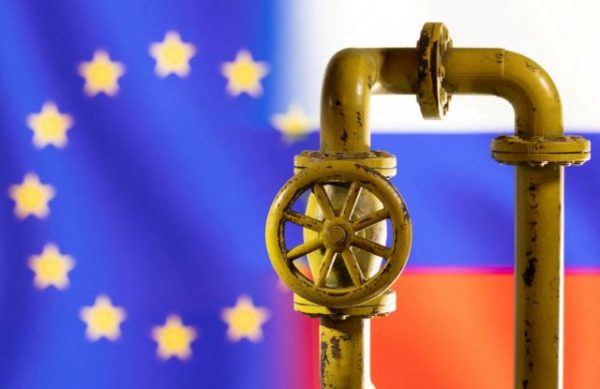

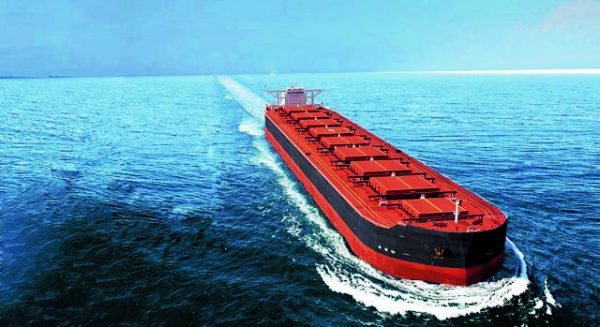


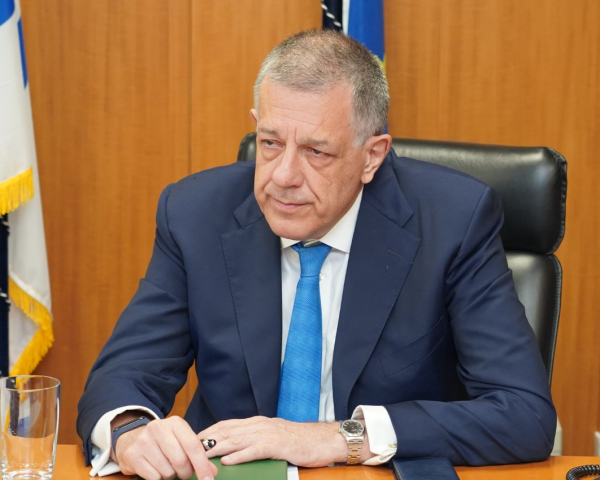
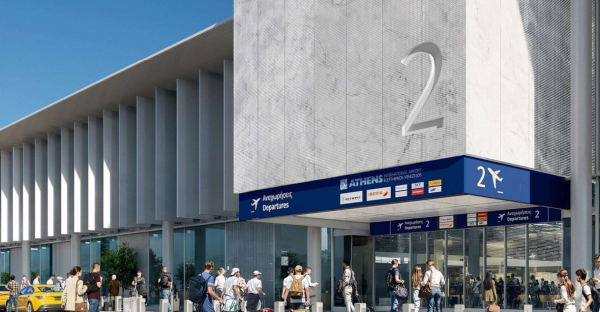
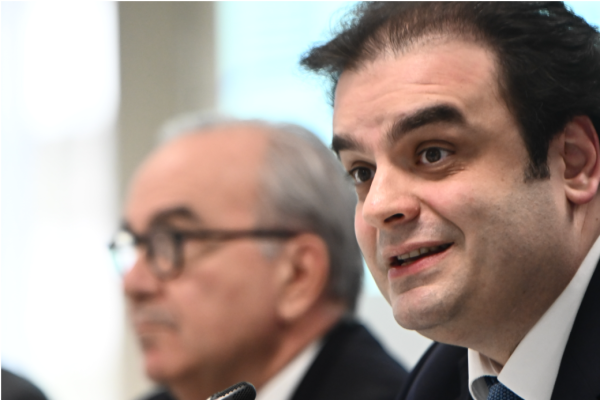

 Αριθμός Πιστοποίησης
Αριθμός Πιστοποίησης